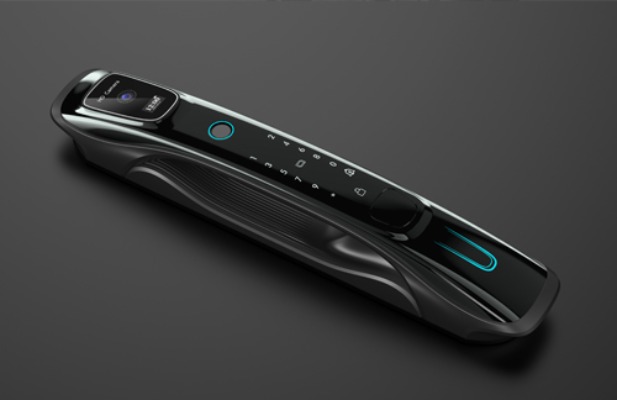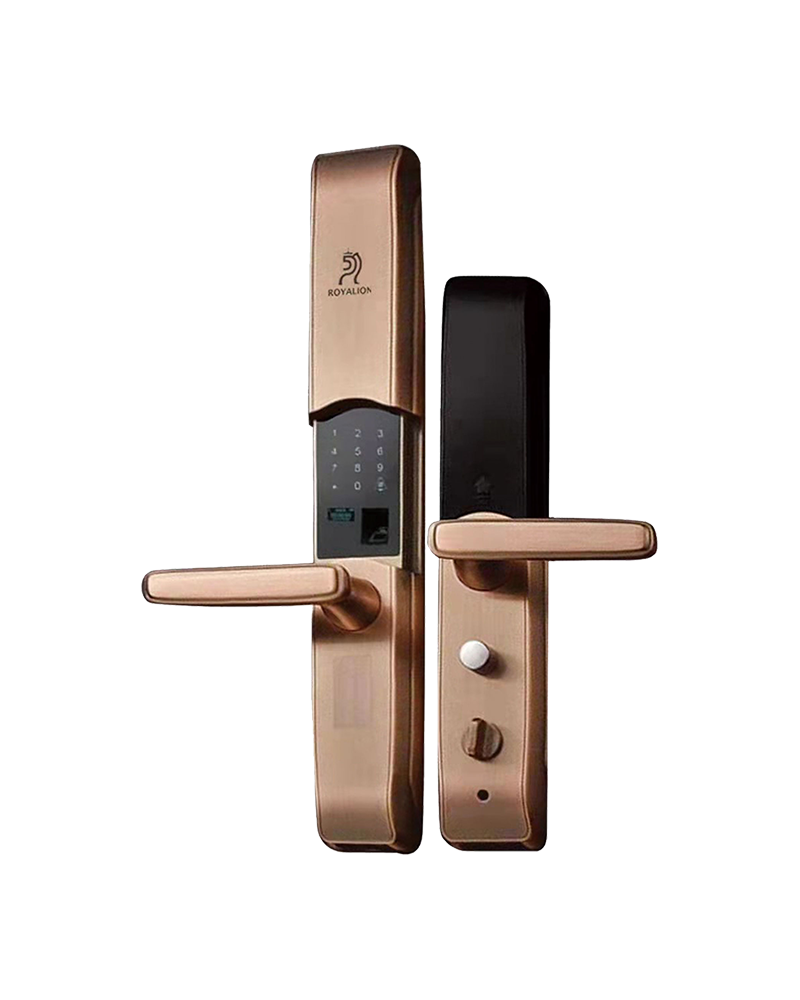Custom intelligent door lock Manufacturer
The rise of intelligent door locks has transformed the way we secure our homes and businesses, offering convenience and enhanced security features. However, as these devices become more prevalent, understanding the legal regulations surrounding intelligent door locks is crucial for consumers. In many regions, laws are evolving to address the unique challenges posed by these smart devices, particularly concerning privacy, data protection, and accessibility.
One of the primary concerns with intelligent door locks is the potential for data breaches. These locks often collect and store sensitive information, such as access logs and user credentials. In the United States, the California Consumer Privacy Act (CCPA) mandates that companies disclose what personal data they collect and how it is used. This regulation empowers consumers to understand their rights regarding the data collected by intelligent door locks. Similarly, the General Data Protection Regulation (GDPR) in Europe imposes strict guidelines on data handling, requiring companies to obtain explicit consent from users before processing their data. These regulations ensure that consumers have greater control over their personal information, fostering trust in door locks.
Moreover, the Americans with Disabilities Act (ADA) plays a significant role in the design and functionality of locks. The ADA requires that all public facilities be accessible to individuals with disabilities. This means that intelligent door locks must be operable without excessive force and should accommodate users with varying physical abilities. As manufacturers develop new models, they must consider these regulations to ensure compliance, which ultimately benefits consumers by providing more accessible options.
In addition to privacy and accessibility, the legal landscape surrounding door locks also addresses liability issues. If a consumer experiences a security breach due to a malfunctioning intelligent door lock, questions arise regarding who is responsible. Is it the manufacturer, the installer, or the consumer? Courts are beginning to navigate these complex issues, and as case law develops, it will shape the responsibilities of all parties involved. Consumers must stay informed about these legal precedents, as they can impact their rights and remedies in the event of a security incident involving intelligent door locks.
The integration of intelligent door locks into smart home ecosystems raises additional legal considerations. Many consumers use these locks in conjunction with other smart devices, such as cameras and alarm systems. This interconnectedness can create vulnerabilities if one device is compromised. As a result, regulations are emerging to ensure that manufacturers implement robust security measures across all devices in a smart home setup. Consumers should be aware of these regulations, as they can influence the overall security of their intelligent door locks and other connected devices.
As the market for intelligent door locks continues to grow, so does the need for consumer education. Understanding the legal implications of using these devices is essential for making informed decisions. Consumers should seek out products that comply with relevant regulations and prioritize their privacy and security. Additionally, they should be proactive in reading user agreements and privacy policies associated with intelligent door locks to fully understand how their data will be used and protected.
The legal landscape surrounding intelligent door locks is complex and continually evolving. As consumers embrace the convenience and security offered by these devices, they must also navigate the associated legal implications. By staying informed about privacy regulations, accessibility requirements, and liability issues, consumers can make educated choices about their use of locks. Ultimately, understanding these legal frameworks will empower consumers to enjoy the benefits of smart technology while safeguarding their rights and personal information. As we move forward, the interplay between technology and law will shape the future of intelligent door locks, ensuring they remain a secure and reliable option for homeowners and businesses alike.

 English
English Español
Español




